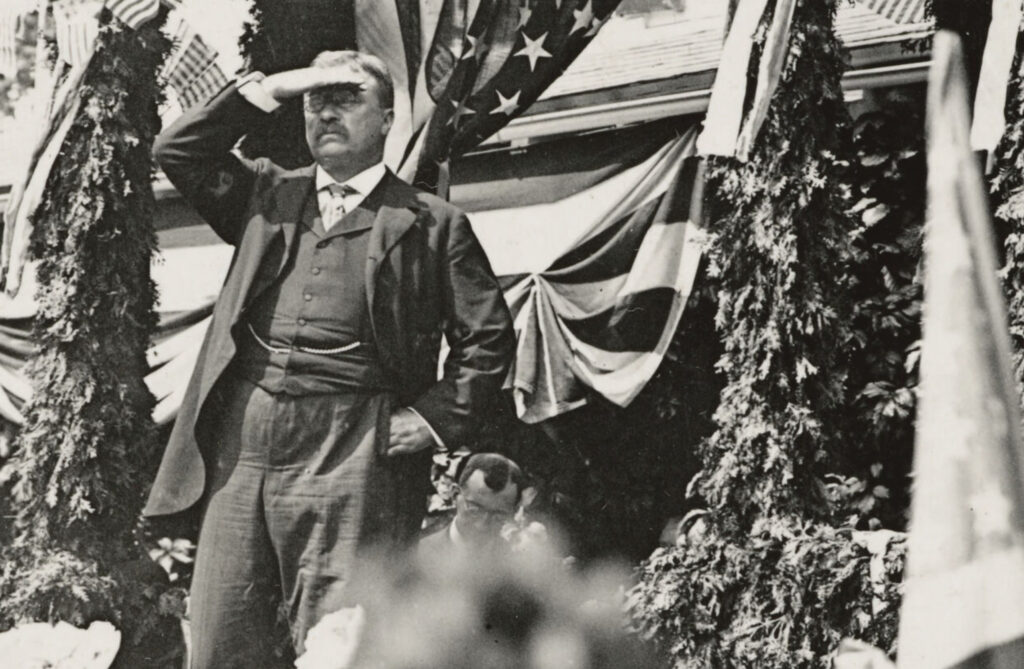
“There is always a tendency to believe that a hundred small men can furnish leadership equal to that of one big man. This is not so.”
Ladies’ Home Journal, May 1917

“There is always a tendency to believe that a hundred small men can furnish leadership equal to that of one big man. This is not so.”
Ladies’ Home Journal, May 1917
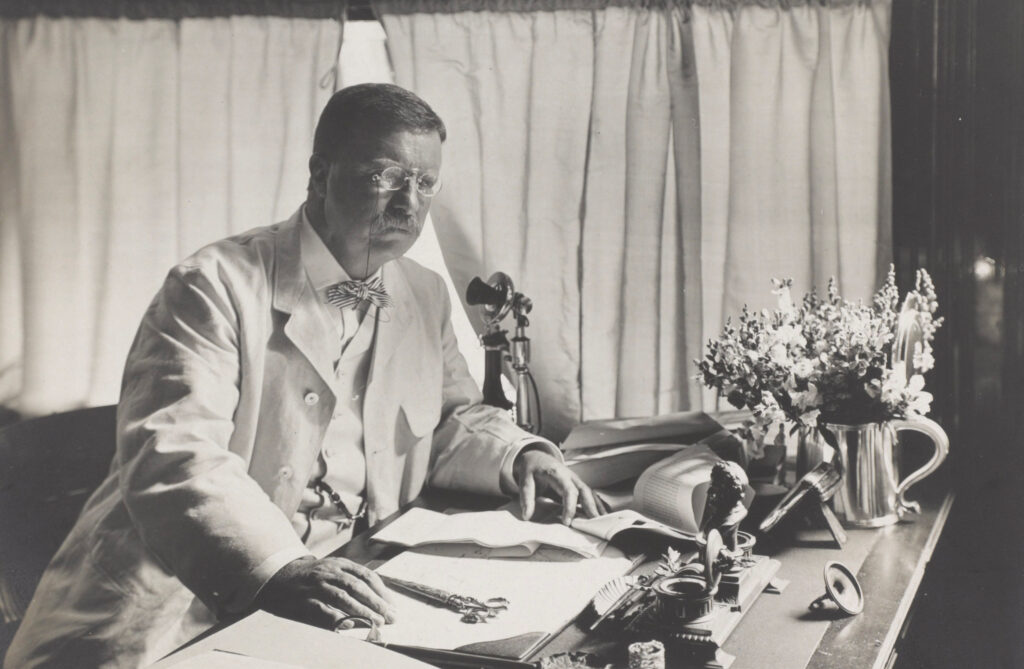
“The one great reason for our having succeeded as no other people ever has, is to be found in that common sense which has enabled us to reserve the largest possible individual freedom.”
Life of Gouverneur Morris, 1888
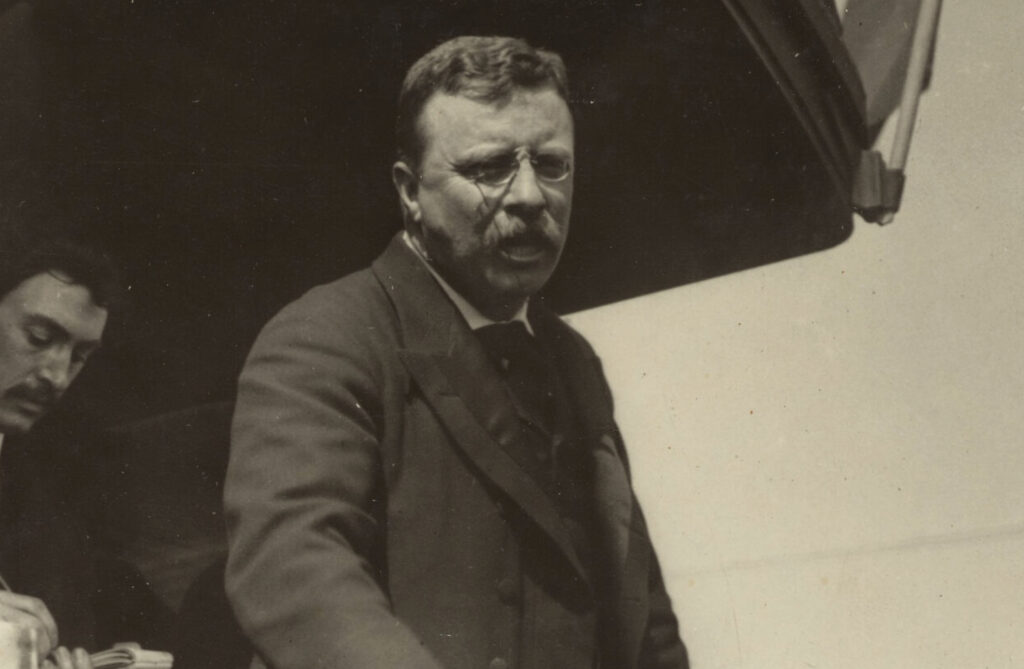
“First and foremost, we must stand firmly on a basis of good, sound ethics. We intend to do what is right for the ample and sufficient reason that it is right.”
Outlook, June 19, 1909
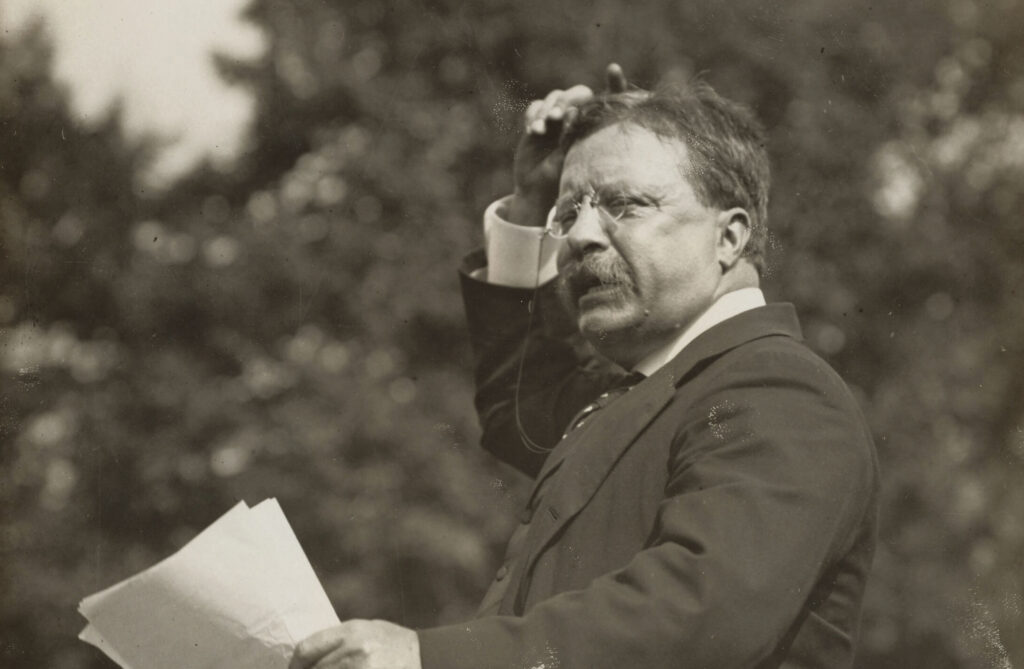
“Our greatest statesmen have always been those who believed in the nation—who had faith in the power of our people to spread until they should become the mightiest among the peoples of the world.”
“The Strenuous Life,” Speech in Chicago, Illinois, April 10, 1899
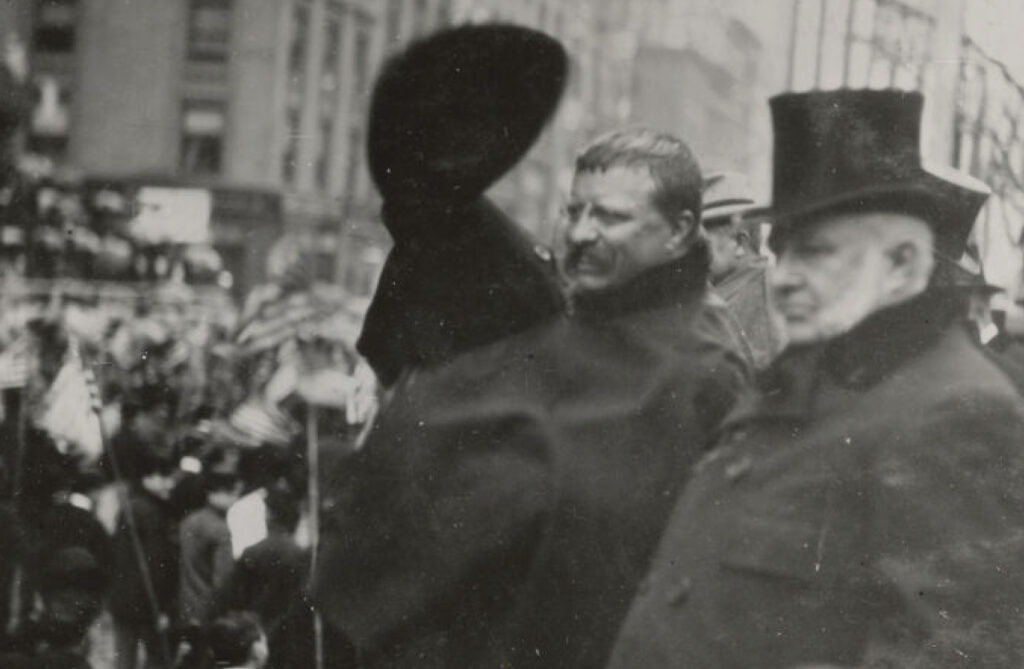
“The man or woman who does work worth doing is the man or woman who lives, who breathes that work; with whom it is ever present in his or her soul; whose ambition is to do it well and to feel rewarded by the thought of having done it well.”
Speech in Philadelphia, Pennsylvania, November 22, 1902
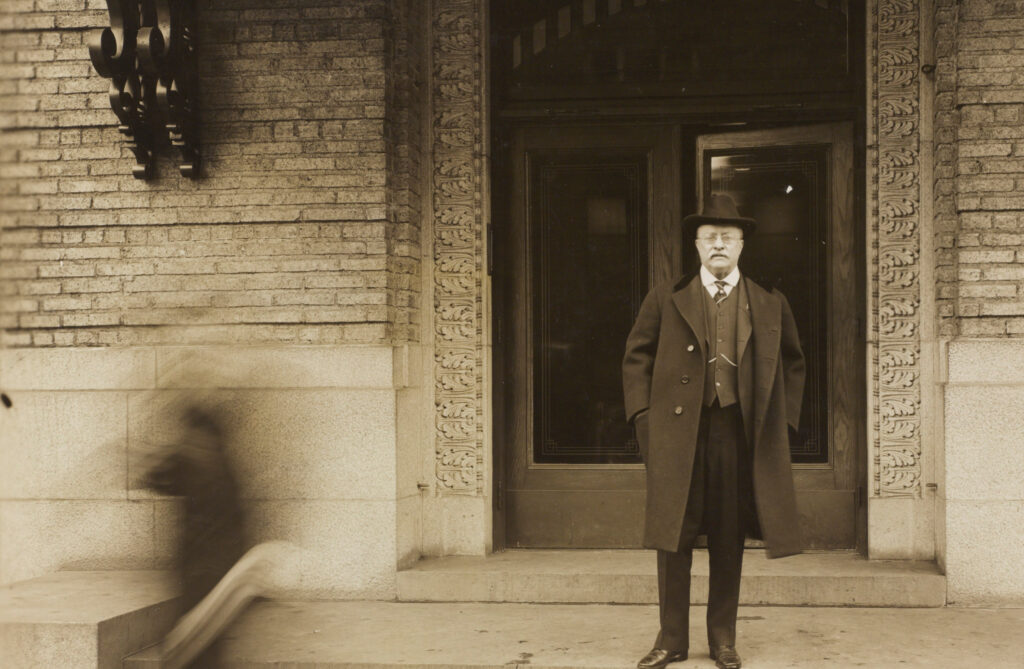
“I believe in the party to which we belong because I believe in the principles for which the Republican party stood in the days of Abraham Lincoln.”
At the New York Republican State Convention, September 27, 1910
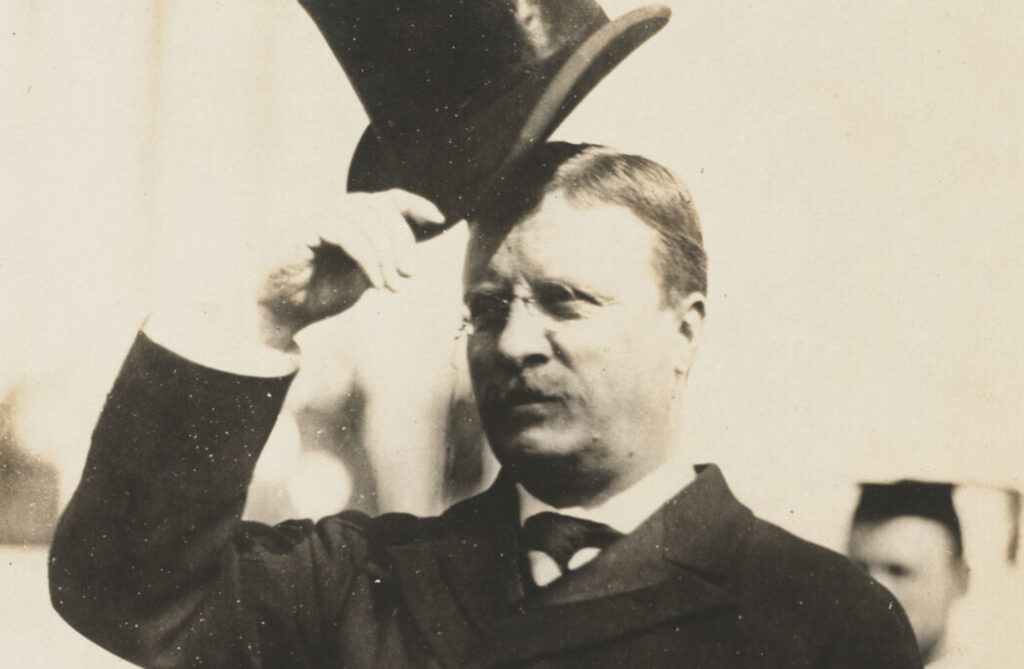
“The man with the university education is in honor bound to take an active part in our political life.”
Atlantic Monthly, August 1890
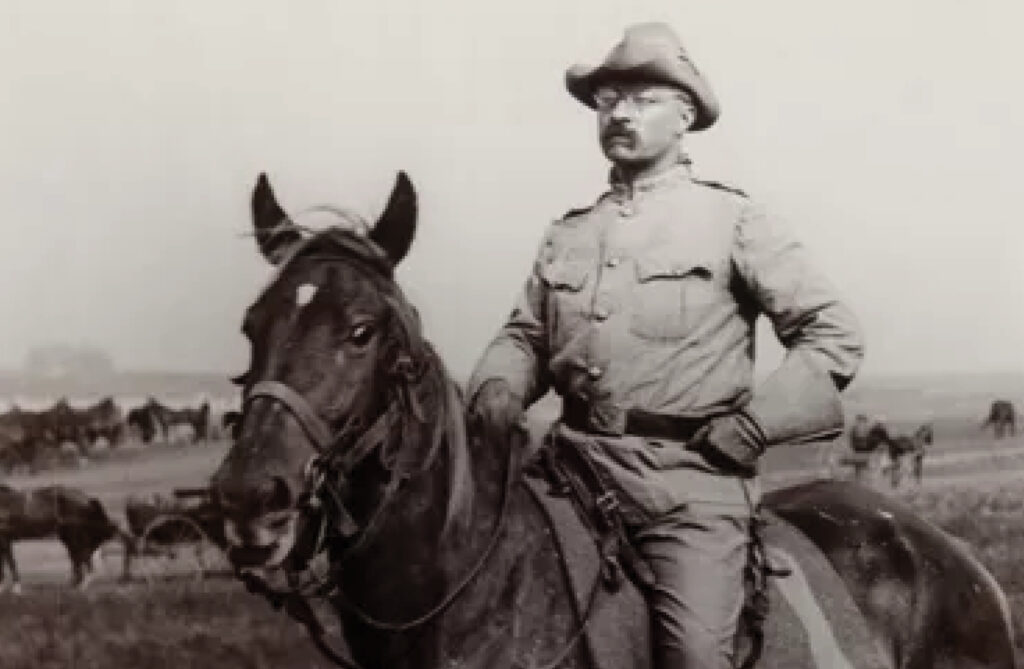
“We should do no wrong to any nation, weak or strong, and we should submit to no wrong.”
Before Progressive National Convention, Chicago, August 6, 1912
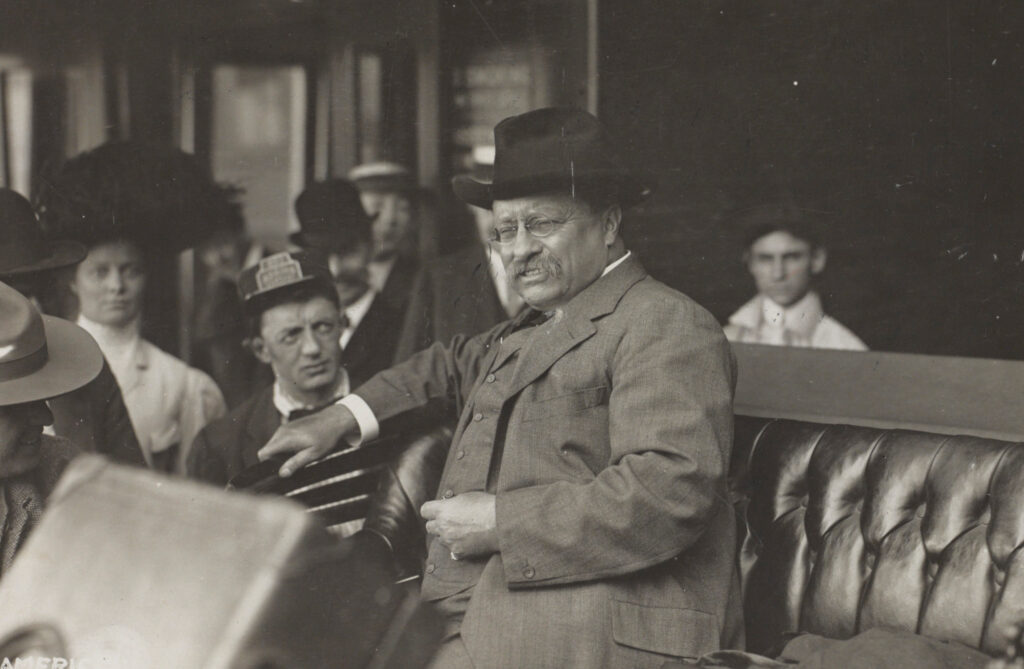
“It is hard to fail, but it is worse never to have tried to succeed.”
Address before The Hamilton Club at Chicago, Illinois, April 10, 1899
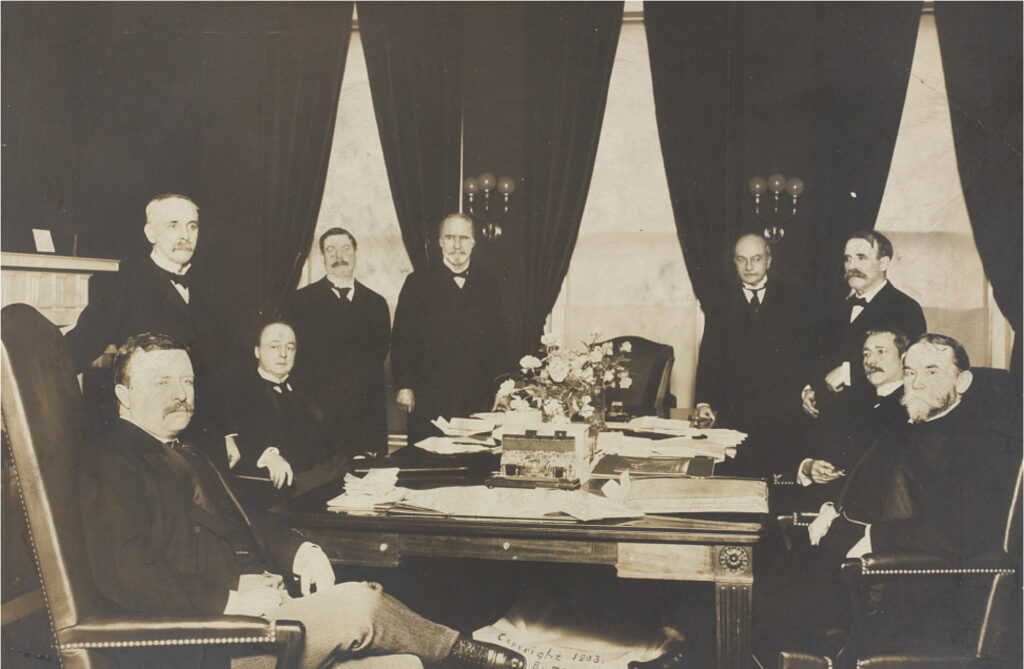
“We cannot possibly do our best work as a nation unless all of us know how to act in combination as well as how to act each individually for himself.”
Remarks at the Minnesota State Fair, Minneapolis, Minnesota, September 2, 1901
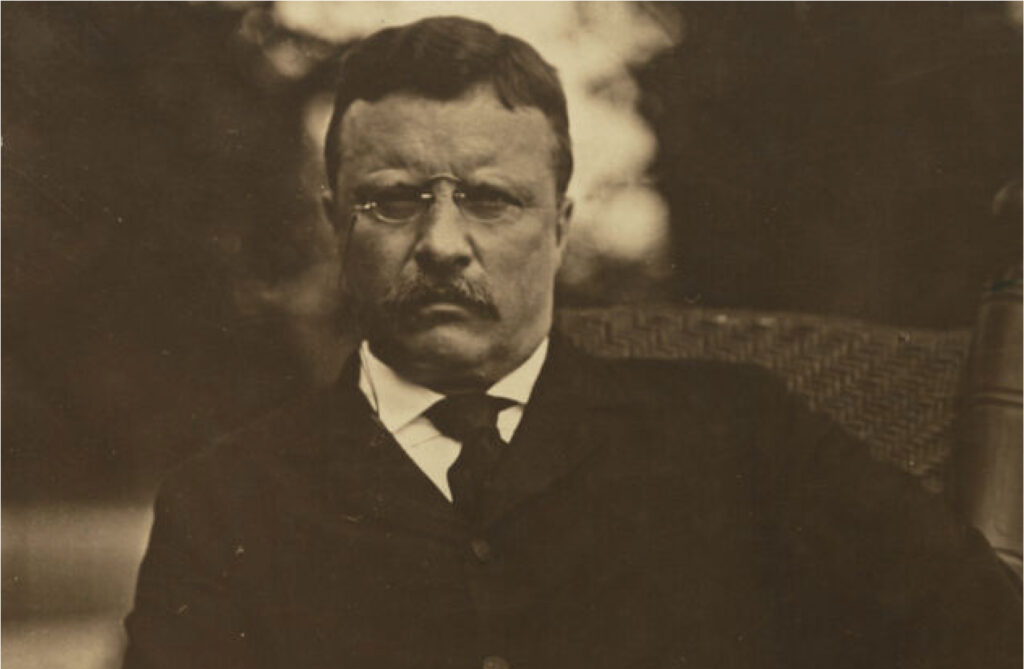
“Be honest, and remember that honesty counts for nothing unless back of it lie courage and efficiency.”
Speech at Groton School, Groton Massachusetts, May 24, 1904
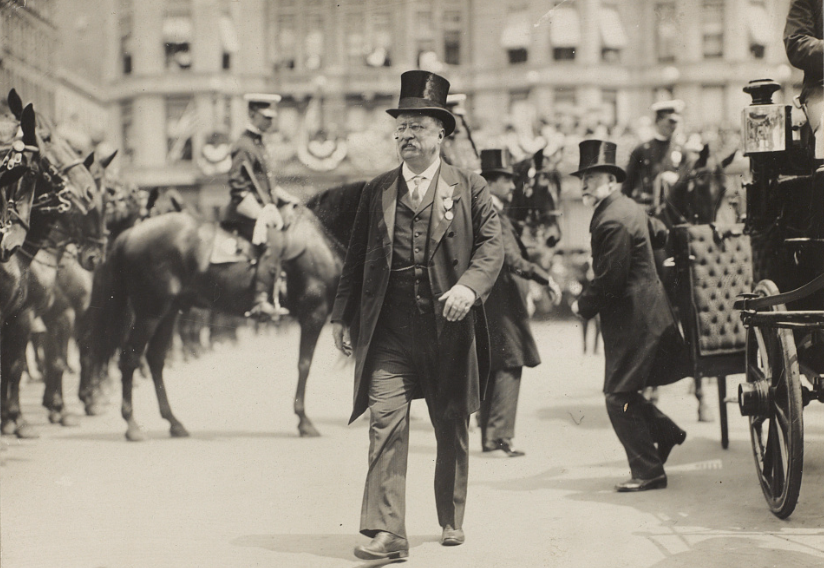
“Every man, worth being an American citizen at all, is bound, if he does his duty, to try to do his part in politics.”
Outlook, December 21, 1895
★
Receive updates on latest commentary, and noteworthy news.